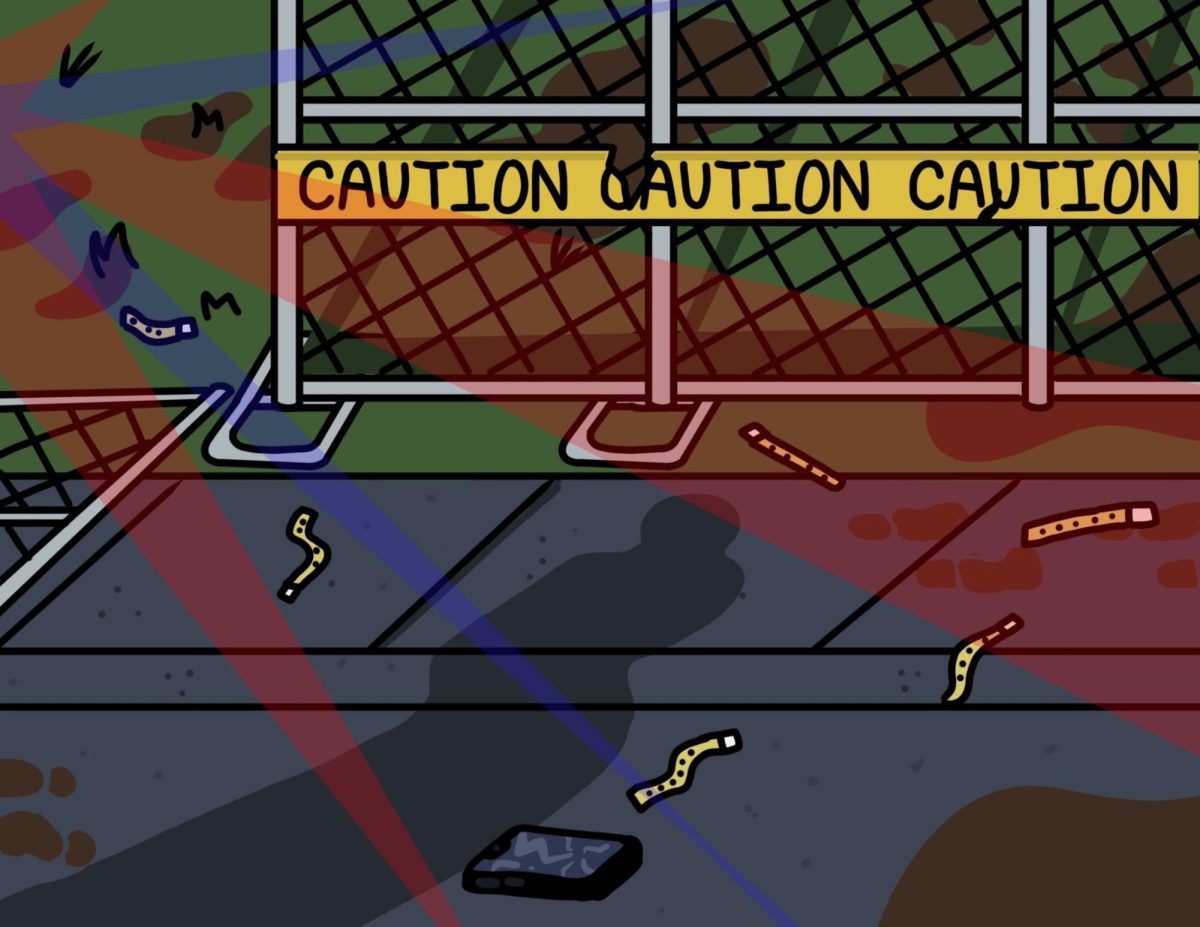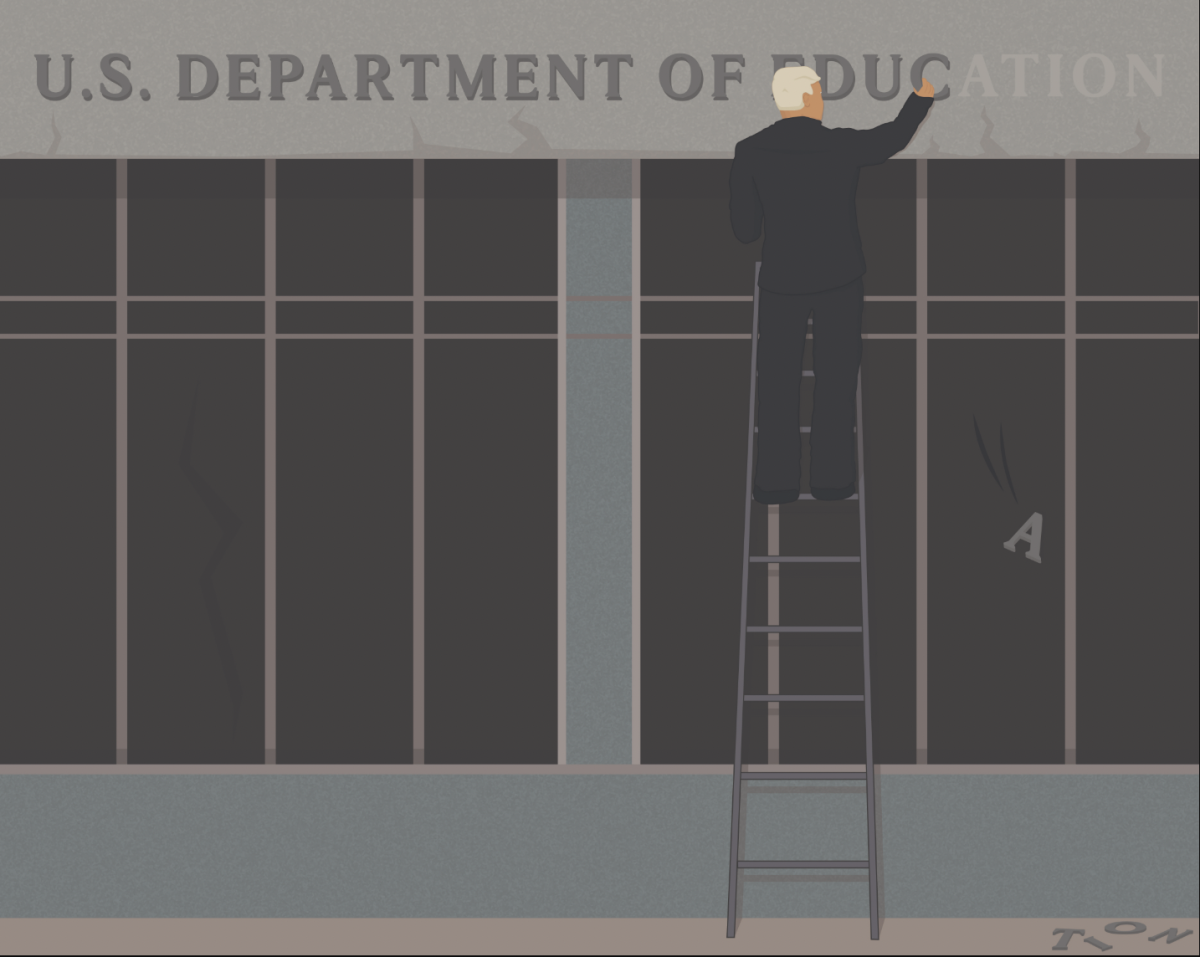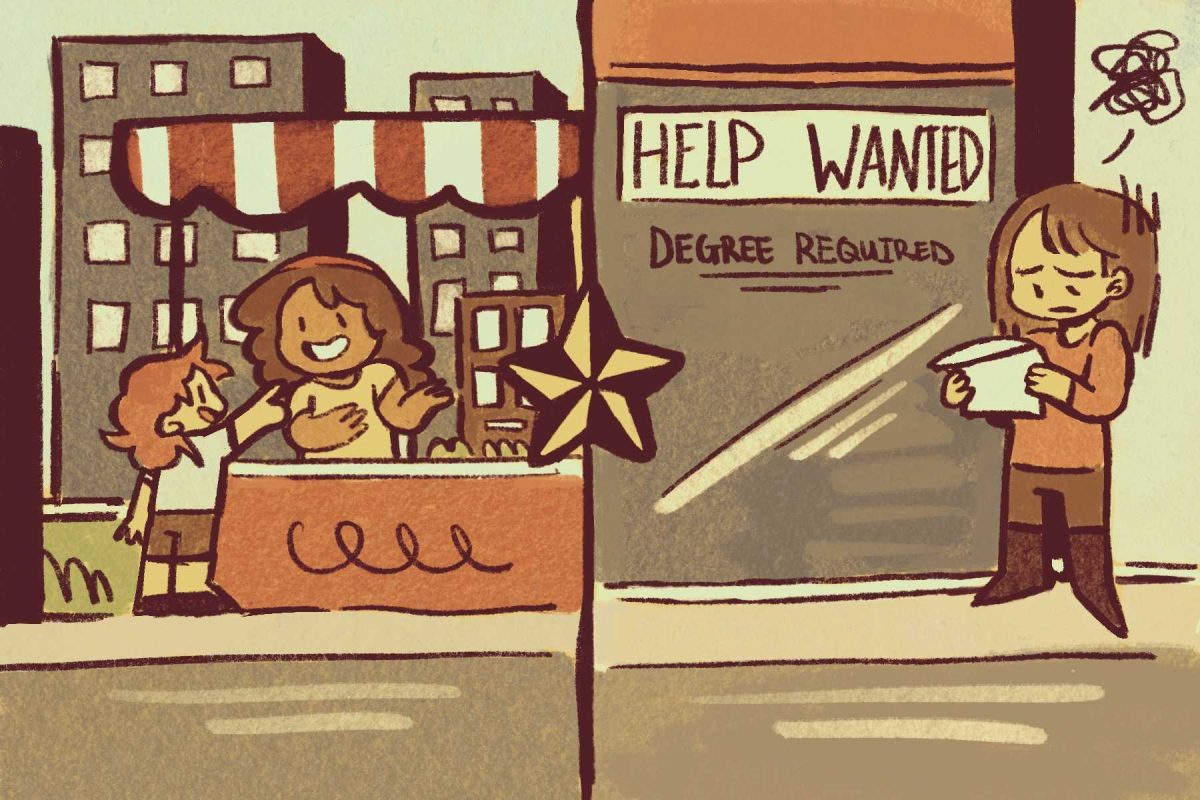With an overwhelming amount of news consumption happening online, it’s important to note how systems inherent to online outlets affect the headlines people see. After evaluating the influence of media algorithms on digital news sources, physical newspapers offer themselves as a more encompassing alternative.
More often than not, people are getting their news online. Understandably so, as the convenience and accessibility of online news is difficult to compete with.
Physical newspapers are typically large, need to be folded and aren’t always free, making them an overall hassle. With virtual media outlets being available to nearly everybody at the click of a button, it comes to no surprise that it’s grown to be the dominant form of news consumption.
Regardless of convenience or accessibility, it’s important for readers to consider exactly what they’re consuming when getting their news through an app versus a paper, namely the influence of an algorithm.
According to Medium, a search algorithm is essentially a set of rules made to put forward content the reader is more likely to engage with and filter out what they will ignore. Based on one’s viewing history, an app or service determines what kind of content the user enjoys, then recommends similar content from that point onwards.
Algorithms are not inherently harmful though. By design, they serve the customer to their fullest potential, and they do it effectively. Without them, it could be difficult for readers to easily find the news they care about. Algorithms give the viewer what they want, that’s undeniable, but it’s also the problem.
Research ranging from a decade ago up until just last year still finds that practically every online media app uses algorithms to limit viewers’ content, opting to incessantly promote the same style of news.
Digital media experts warn readers to be cautious of how an algorithm processes content. These experts specifically cite echo chambers, online spaces that continuously reinforce the same belief, as cause for worry.
These systems are designed to show a reader more of what they want, but in the process, they block out any pieces that aren’t in sync with their observed beliefs for the sake of customer service. The end result is a person who is always given the same type of content, rarely venturing outside of their own viewpoints.
There is, fortunately, a way for readers to still get their news without risking the entrapment of an algorithm: classic print newspapers.
Physical newspapers are not hindered by the same technological disadvantages, as there is no ruleset constantly tailoring the words offered to the reader. News in print needs to satisfy every type of reader with only one copy, allowing it to offer a wide scope of topics.
Printed news isn’t designed to trap its reader with a relentless reel of headlines, which offers its viewership more freedom over what they choose to read. While an algorithm purposely chooses and narrows potential news, a physical paper’s diversity grants its news a more exploratory nature.
Taking the time to engage with every part of a physical paper puts a variety of subjects, views and information on display for readers. Ultimately, the viewer can trust certain news isn’t being filtered out.
It’d be naive to believe print newspapers are completely free from bias or a certain degree of filtering. Still, a physical newspaper will almost never be as narrow in scope as the suggestions of a digital media outlet will be.
According to research from The United Kingdom Literary Association and the Educational Research Review, readers absorb information better with printed media compared to digital alternatives, especially when it came to expository writing, such as news articles.
Print is made to inform and entertain; digital is made to keep eyes on the screen.
Algorithms can be quite useful in certain cases but, unfortunately, have been employed in a manner that doesn’t always have its user’s best interests in mind.
Print isn’t flawless, but it’s genuine. So, get your hands on a physical newspaper and flip through the pages. You may find something you’ve never seen before.
-Samuel Marentes is an English Junior
The University Star welcomes Letters to the Editor from its readers. All submissions are reviewed and considered by the Editor-in-Chief and Opinions Editor for publication. Not all letters are guaranteed for publication.





















